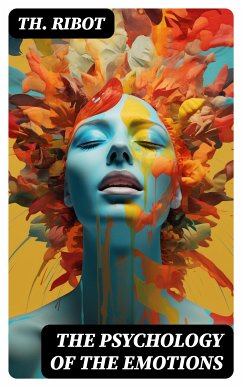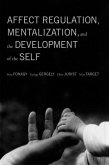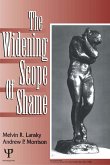In "The Psychology of the Emotions," Th. Ribot embarks on an incisive exploration of the complex interplay between the mind and emotions, positioning the work at the intersection of psychology and philosophy. Ribot employs a clear, analytical literary style, meticulously dissecting emotional phenomena through a scientific lens. By challenging contemporaneous theories and merging empirical findings with philosophical inquiries, he offers profound insights into the nature of emotions-arguing for their foundational role in human consciousness and behavior, while situating his discourse within the context of 19th-century psychological thought. Th. Ribot, a pioneering French psychologist and philosopher, significantly contributed to the development of modern psychological theories. His interest in the emotional life stemmed from his academic background in both psychology and philosophy, alongside personal experiences that shaped his understanding of human affect. Ribot's work reflects a broader intellectual movement aiming to establish psychology as a rigorous scientific discipline, drawing from natural sciences to unravel the intricacies of human sentiment. This authoritative text is recommended for scholars and enthusiasts alike, providing a comprehensive foundation for the study of emotions in psychological contexts. Ribot's nuanced analysis not only enriches our understanding of emotionality but also invites readers to reflect on their own emotional experiences, making it an essential read for anyone engaged in the fields of psychology, philosophy, or human behavior.
Dieser Download kann aus rechtlichen Gründen nur mit Rechnungsadresse in A, B, BG, CY, CZ, D, DK, EW, E, FIN, F, GR, H, IRL, I, LT, L, LR, M, NL, PL, P, R, S, SLO, SK ausgeliefert werden.









